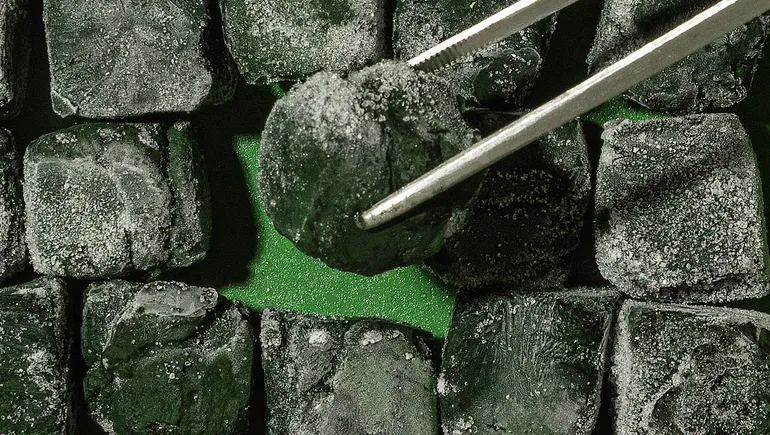Danish scientists unlock plant-based protein source from microalgae

Dive Brief:
- Professor Poul Erik Jensen and his team at the University of Copenhagen’s Department of Food Science recently found that fibers from blue-green algae, known as cyanobacteria, can be used to create a similar texture to meat.
- Jensen told Food Ingredients First that his team managed to produce a protein not normally made by cyanobacteria. When the protein is formed, it is able to slightly resemble the composition of meat fibers.
- The top barriers for trial of plant-based meat are taste and texture. Though companies like Beyond Meat and Impossible Foods tout their products as very similar to meat, producers are still striving to more successfully mimic meat’s texture.
Dive Insight:
The University of Copenhagen team’s algae-based protein discovery could be a significant leap in sustainable food production.
Other popular plant-based protein sources, like soy and peas, require substantial processing, and only then can they be comparable to the protein content that comes from animals, according to the university. By contrast, Jensen claims the cyanobacteria-based protein doesn’t require much treatment.
“If we can utilize the entire cyanobacterium in foodstuffs and not just the protein fibers, it will minimize the amount of processing needed. In food research, we seek to avoid too much processing as it compromises the nutritional value of an ingredient and also uses an awful lot of energy,” Jensen told Food Ingredients First.
Microalgae is found in freshwater environments and can be grown in bioreactors, similar to cultivated meat. The cyanobacteria goes through a photosynthesis-like process, growing using just water, carbon dioxide and sunlight. Unlike the production process for other plant-based protein sources, this method requires minimal processing.
There are some places where cyanobacteria is already being used as a protein source. An Israeli food tech startup Simpliigood, for example created a chicken schnitzel analog composed primarily of miroalgae. According to the company, this ingredient is a breakthrough in the space’s biggest hurdles: texture and taste.
Source: fooddive.com

